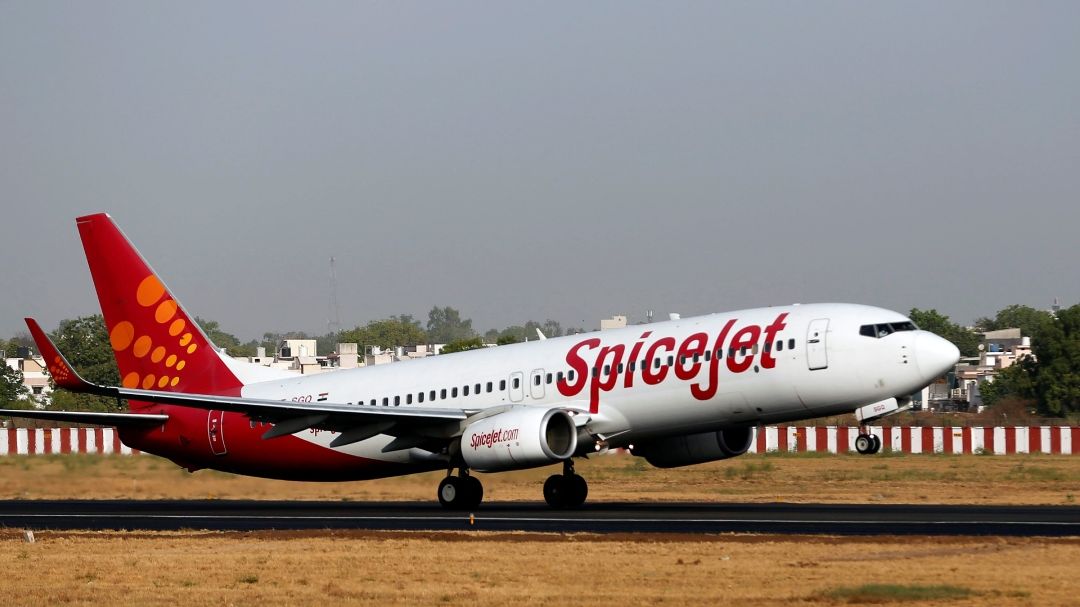In a major blow to budget carrier SpiceJet the Supreme Court of India has rejected the airline’s plea against Delhi High Court order that directed the airline to return three engines to its respective lessors for Team France 01 SAS and Sunbird France 02 SAS, non-payment of lease-rentals. The court further advised the airline to independently negotiate the terms with the lessors.
A three-judge bench headed by Chief Justice DY Chandrachud upheld the high court’s orders stating that the high court judgement was correct and said it was reluctant to interfere. The top-court also denied SpiceJet more time to comply with the grounding order. SpiceJet lawyer Amit Sibal told the court that the airline had already paid over $8 million to the lessors and currently talks were on in Singapore for a settlement. Until then the airline sought relief from the court till some settlement was reached, however the court refused to intervene in the matter.
Get Latest Mathrubhumi Updates in English
Of the three engines, the airline has already grounded two, but it needs special engine-stand to mount the third engine properly before handing it over the lessors. Hence the airline needs more time.
Meanwhile the lawyer on the lessors’ front argued that SpiceJet had repeatedly violated the consent order, despite making 18 appearances in court and facing two high court orders while still using the engines. He further told the court that as per the latest consent order, SpiceJet had to return the engines within 15 days or clear the payments.
After the Supreme court’s verdict, there is no choice for the airline but to ground all three engines with immediate effect. This decision will bring a massive blow to the day-to-day flights of cash-strapped SpiceJet, as the airline is already operating with 21 aircraft and grounding of three engines will further bring down the total flight count to 19.
SpiceJet shares slipped to day’s low, falling by over a percent, the shares were down 3.50% to ₹65.99 at 2.15 pm on Friday.
On September 11, 2024, the airline moved to the Supreme Court challenging the High Court’s decision to ground the engines.

